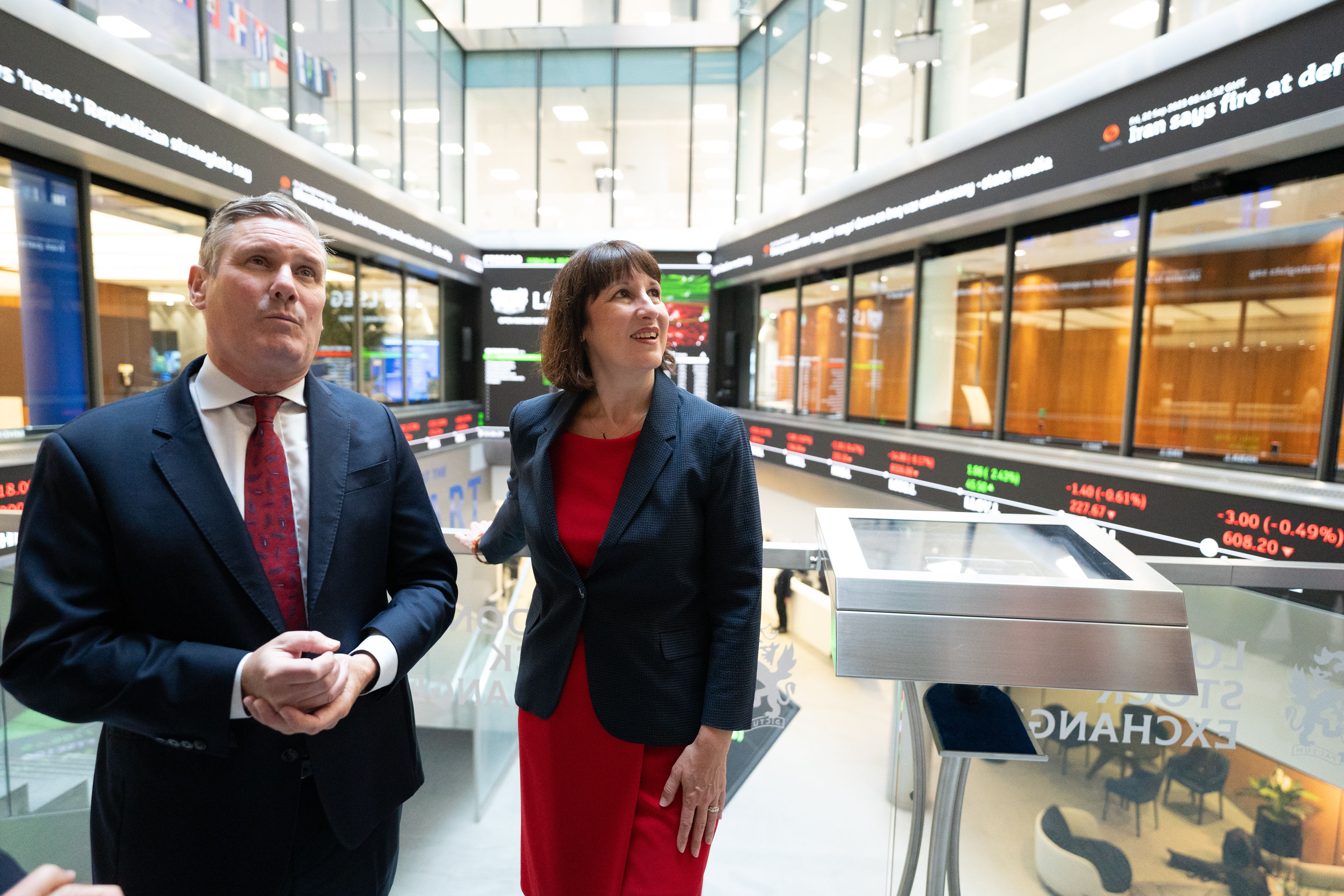Rachel Reeves is on a mission – and it’s far from impossible
The economy is coughing and spluttering and there’s not enough money. But that could change over the next six months, predicts James Moore


I can confidently predict that we’re going to start getting very tired of members of Sir Keir Starmer’s newly anointed cabinet telling us about Labour’s “missions”.
Nevertheless, chancellor Rachel Reeves declaring growth “a national mission” in a speech to business leaders is justified. The success of the government, and the country it oversees, hinges on finding more of it.
Let’s recall what the Institute for Fiscal Studies said of the Labour manifesto, as well as its spending plans and the fiscal rules it has signed up to: “On current forecasts … this leaves literally no room for any more spending than planned by the current government. And those plans do involve cuts both to investment spending and to spending on unprotected public services.”
Chancellors often have to say “no” to their colleagues. The question for Reeves is when to do so. If she has to do this too often – at a time when public services are visibly crumbling – her newfound popularity will suffer. She badly needs the help of the UK economy.
Providing funding for thousands of new planning officers is a good start. It shows that Reeves has been thinking more deeply about this than her predecessors. The problems caused by the nation’s sclerotic planning system have been greatly exacerbated by the funding crisis councils have been grappling with, which has squeezed resources.
The restoration of national housebuilding targets makes a lot of sense (although it’s one thing to set targets, quite another to meet them).
Reeves can also hope to benefit from the credibility she established before the general election. Under Liz Truss, Britain operated under an “idiot premium” (after her ill-fated mini-Budget). Borrowing was much more expensive and frightened off investors.
If Reeves and her colleagues play their cards well, she could reap a stability discount (or bonus). Cheaper borrowing would be handy, given the size of the UK’s debt. Investors, meanwhile, value stability and sensible government. If the UK can prove that, the rewards could be enormous. Billions of pounds are at stake.
Investment would unlock some of the growth Reeves badly needs to find. Also working in her favour is that interest rates should start to move gently downwards over the next six months to a year.
Base rates at their current level (5.25 per cent) are strangling the economy. Finance for businesses, especially small businesses, is expensive. Ditto consumer credit, especially mortgages. Reeves’s former colleagues – in another life, she was a Bank of England economist – are probably not going to move as quickly as she would like. In particular, they remain worried about the scale of pay settlements, a tight labour market by historical standards, and service price inflation.
However, parts of the city remain convinced the rate-setting Monetary Policy Committee (MPC) will make a move as soon as next month. Two of its members have twice joined forces to vote for a cut. Three more joining them would move the dial. The city does sometimes tend to get ahead of itself and I think September is more likely than August. We might have to wait until November. But I could be wrong. If I am, it would be a boost for Reeves’s “mission”.
One of the first major releases for her to scrutinise will be the next set of inflation figures from the Office for National Statistics (ONS), due next week. They will give us some indication as to whether the optimists are right. One hopeful sign: the British Retail Consortium recently reported that shop price inflation declined to just 0.2 per cent in June.
Lower rates could help to boost the confidence of Britain’s skittish consumers. The regular series monitoring this by market research company GfK has been in negative territory for a long time. However, the June number showed a three-point rise, albeit to a still negative score of -14. Further progress on this front could deliver a timely boost.
A better relationship with Europe wouldn’t hurt, either. On this front, I wouldn’t expect too much. Britain would greatly benefit from closer ties and it appears that a majority of the country would like them. However, the EU has bigger things to worry about than its refusenik island neighbour.
Reeves may also have to grapple with several looming crises. The aforementioned local government finances are in a mess and the spectre of more councils going bankrupt looms large. The higher education sector is similarly struggling. Several universities are teetering on the brink. The international scene will inevitably pose challenges of its own.
However, there are at least a few green shoots lurking among the weeds in the garden of No 11. This isn’t quite a “mission” impossible – yet.






Join our commenting forum
Join thought-provoking conversations, follow other Independent readers and see their replies
Comments